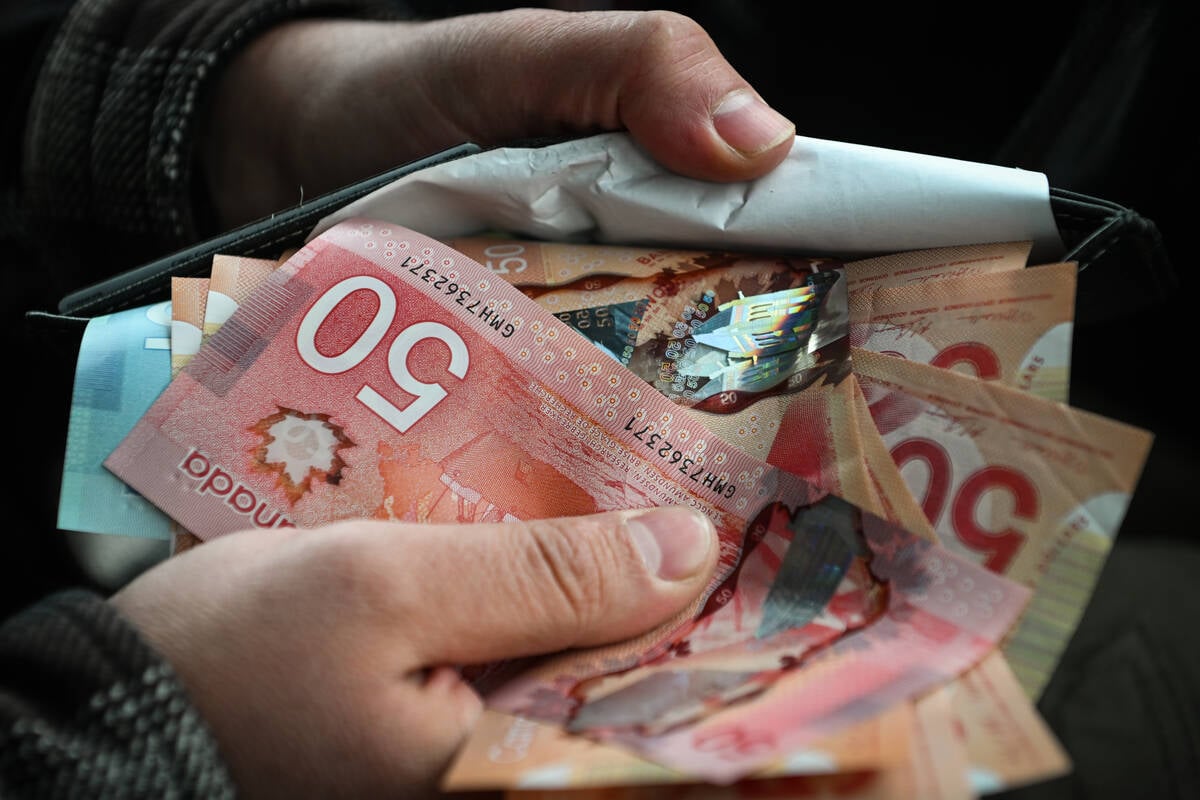South Korea’s decision to invest $1.67 billion US in its agricultural land to reduce its dependence on imported feed is a threat to producers around the globe, says a professor at the University of Guelph, Ont.
“If every country follows this route, then all countries are made worse off,” said Maury Bredahl, director of the university’s food, agricultural and resource economics department.
In August, the government of South Korea announced a plan to double the country’s winter crop space to 1.58 million acres from 800,000 acres by 2012.
The focus of the investment plan, known as the Green Korea campaign, will be on barley, wheat, hay and other feed crops. The acreage gain would represent a significant increase in a country that has 4.3 million acres of cultivated land, according to U.S. Department of Agriculture statistics.
Read Also

Government support for Canadian farmers has plummeted
Subsidies in Canada were 30 per cent of gross farm receipts in 1980s and are now around eight per cent
In 2007, South Korea spent $1.8 billion on corn imports, based on USDA numbers, primarily to feed livestock. With corn prices soaring in 2008, Korea’s import costs will likely be much higher this year.
The problem with the Korean initiative, Bredahl said, is when countries subsidize high-cost and inefficient production, their domestic markets becomes separate from the rest of the world.
“Actions like this actually increase volatility. Because if the Korean market is isolated from prices, they no longer respond when prices change,” he said. “Then the other countries, whose prices do change, have to adjust that much more.”
Bredahl added he doesn’t think this is the beginning of a trend, where traditional importers spend billions to boost their domestic agricultural production. But it is an unhealthy signal for agricultural trade, he said.
Terry Roe, director of the Centre for Political Economy at the University of Minnesota, is not as concerned about Korea’s intentions. He views it as a logical response, considering the rising cost of shipping and expensive commodity prices.
“At one point it was cheaper for them to import corn from the U.S. than grow it themselves,” Roe said. “This price rise now is giving incentives to increase their production.”
Furthermore, countries around the world are saying “hey, we don’t want to export our food. We want to keep it for our own people.
“You can see South Korean farmers saying, ‘We can’t trust these guys (other countries). We can’t trust these markets,’ ” he said.
Roe conceded that Korea’s decision to invest billions is probably an overreaction to rising corn prices. But most economists expect commodity prices to remain relatively high, which means that Canada, the U.S. and other exporters shouldn’t be surprised to see more countries follow Korea’s lead.
But, Roe added, traditional exporters of wheat, barley, corn and other agricultural products don’t need to panic.
“In the final analysis I don’t think it’s going to generate in these countries (traditional importers) a sufficiently big supply response that will dampen too much exports from the U.S. or Canada.”















